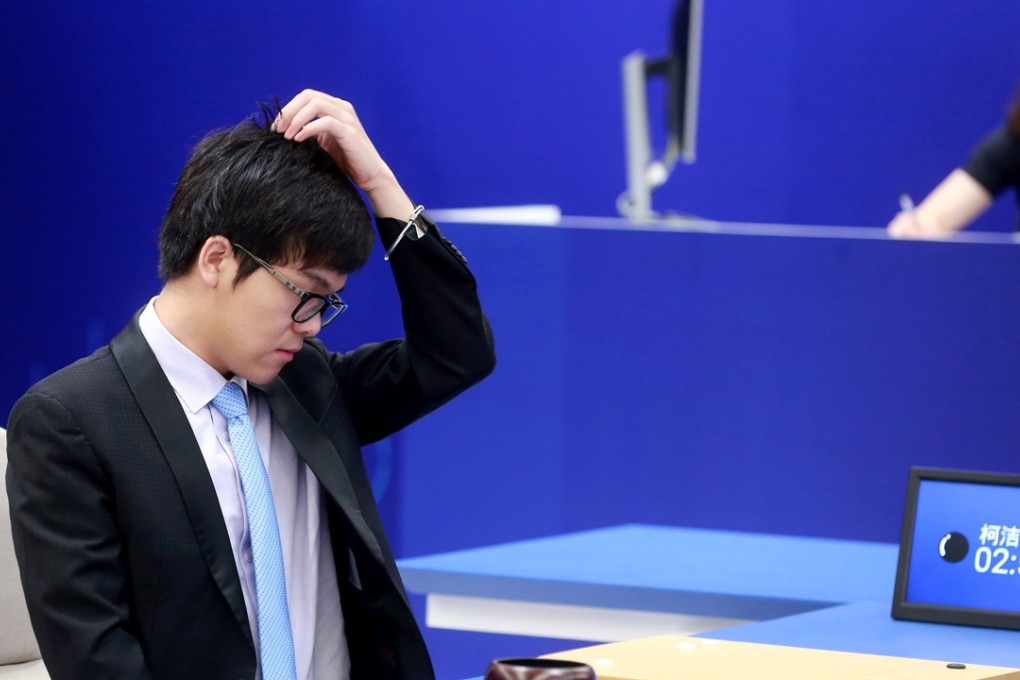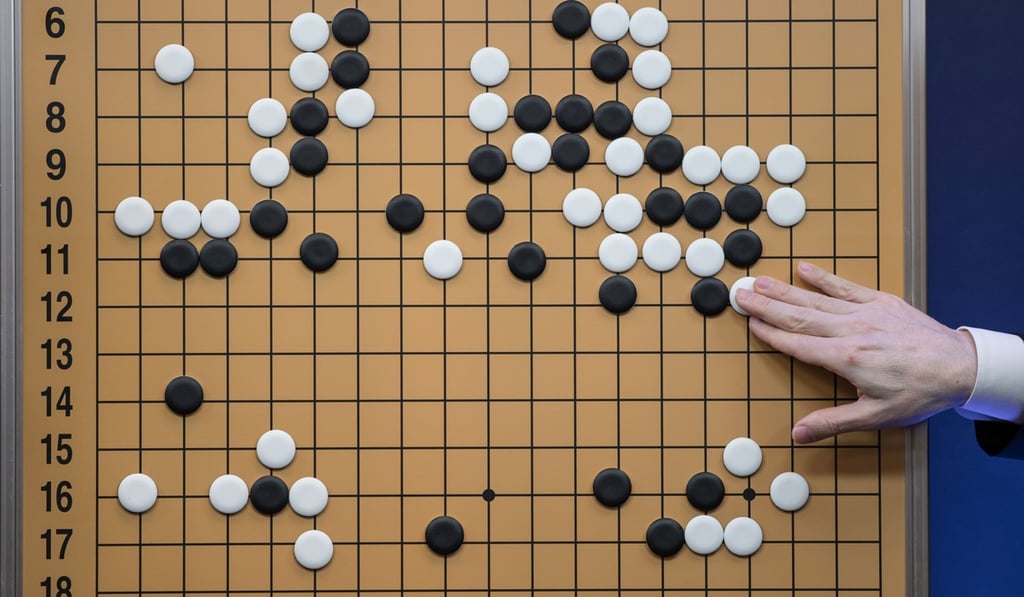‘It’s able to create knowledge itself’: Google unveils AI that learns on its own, needs no human teacher
The 2015 version of the AlphaGo programme famously beat a human Go grandmaster – but the new, self-taught AlphaGo Zero is so good it beat the old programme 100-0

Google’s artificial intelligence group, DeepMind, has unveiled the latest incarnation of its Go-playing programme, AlphaGo – an AI so powerful that it derived thousands of years of human knowledge of the game before inventing better moves of its own, all in the space of three days.
Named AlphaGo Zero, the AI programme has been hailed as a major advance because it mastered the ancient Chinese board game from scratch, and with no human help beyond being told the rules. In games against the 2015 version – which famously beat Lee Sedol, the South Korean grandmaster – AlphaGo Zero won 100 to 0.

At DeepMind, which is based in London, AlphaGo Zero is working out how proteins fold, a massive scientific challenge that could give drug discovery a sorely needed shot in the arm.
“For us, AlphaGo wasn’t just about winning the game of Go,” said Demis Hassabis, CEO of DeepMind and a researcher on the team. “It was also a big step for us towards building these general-purpose algorithms.”
By not involving a human expert in its training, AlphaGo discovers better moves that surpass human intelligence
Most AIs are described as “narrow” because they perform only a single task, such as translating languages or recognising faces, but general-purpose AIs could potentially outperform humans at many different tasks. In the next decade, Hassabis believes that AlphaGo’s descendants will work alongside humans as scientific and medical experts.